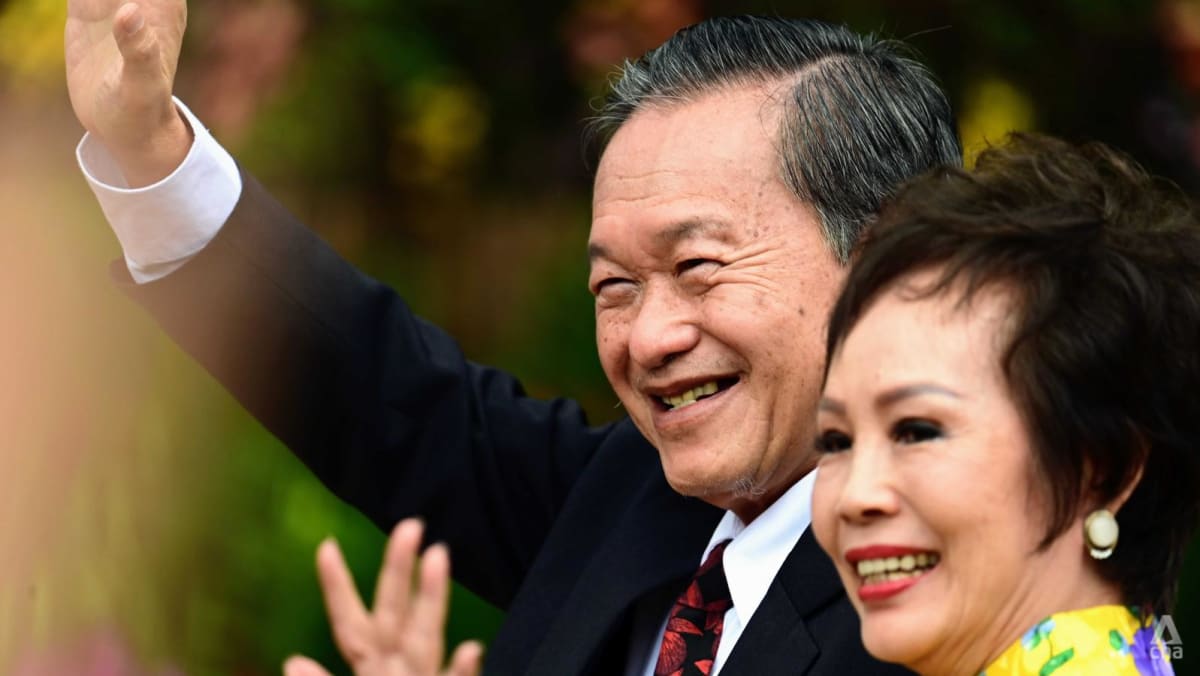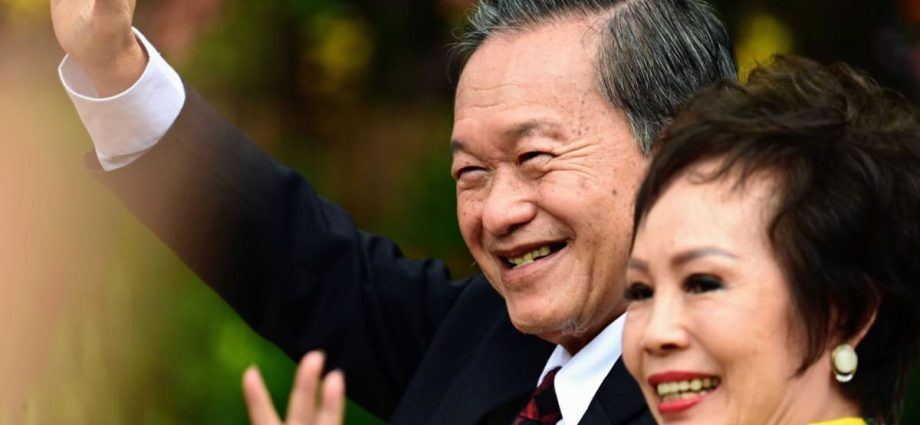
HOW IT COULD AFFECT THIS ELECTION AND FUTURE ONES
The concerns about Mr Tan’s posts have been raised by AWARE, which is a “very important and credible voice”, said Dr Gillian Koh, senior research fellow at the Institute of Policy Studies.
“If Mr Tan does not recognise that, he is going to lose some support not for the ‘pretty girl’ comments but for questioning AWARE’s credibility and even alleging that this is a smear campaign,” she said.
Dr Koh added that “these revelations came up much too late to be considered by the PEC”, and that Mr Tan indicated he had applied for eligibility to run at end-July, but his posts “did not emerge” until now.
“The PEC’s response is based on the current set of rules and processes and it is vitally important that they abide by those. It is a learning point and perhaps the rules or processes can be adjusted for the next time given what has happened,” she said.
For this Presidential Election, applications for the certificate of eligibility opened on Jun 13 and the writ of election was issued on Aug 11. Applications closed on Aug 17 and the PEC informed candidates of their eligibility on Aug 18. Nomination Day was on Aug 22.
Dr Koh pointed out that if someone decides to run for the presidency, they have until the fifth day after the writ of election is issued to apply for the certificate of eligibility.
The PEC has at least 10 days after the writ is issued to assess applications for the certificate of eligibility, and will inform the candidates before nomination day.
“It is a bit difficult to see how the PEC can work so fast,” said Dr Koh, adding that looking through an applicant’s social media posts is a “huge task”.
“Either the PEC will have to find a quick way to do this kind of scan or allow or invite members of the public to alert them so that they can take such material into consideration.”
Others who perform background checks, such as employers, also look into applicants’ public personas, pointed out Assistant Professor of Law Benjamin Joshua Ong of the Singapore Management University (SMU).
Social media checks should “in principle” form part of the PEC’s investigations into whether someone is of “integrity, good character and reputation”, although the committee cannot be expected to look into every single post by a potential candidate, he said.
“That said, given the high standards to which the President is to be held, more stringent background checks would probably be warranted compared to in the ordinary employment context,” he added.
Noting that Mr Tan’s social media posts were made in recent years and are public, Asst Prof Ong said: “It would not be overreach for the PEC to take into account communications made by potential candidates to the public at large.”
“In future, perhaps there could be a structured process for members of the public to submit their views on the suitability of potential presidential candidates to the PEC for its consideration,” he said.
He noted that this would mean people who apply for a certificate of eligibility would have to publicly identify themselves, which would be a change from present practice.
There are “good reasons” for the PEC to consider what an applicant says and does on social media as a large part of daily life happens online, said Associate Professor of Sociology Tan Ern Ser of the National University of Singapore.
As for why views on Mr Tan’s “pretty girls” posts differ, Assoc Prof Tan said that social norms have changed.
“It may have been tolerated in a patriarchal society, but not in this woke age. If there is no consensus here, it is because we have not completely left patriarchal norms behind, and also because supporters of (Mr Tan) are understandably more likely to rationalise the behaviour as harmless, even humorous.”
He added that people would judge Mr Tan by a “higher standard” as he is a presidential candidate and therefore a public figure.
SMU’s Associate Professor of Law Eugene Tan said that Mr Tan’s “whole campaign is very much at stake” and that his tactic could backfire, as it may deepen voters’ concerns of whether they should be mindful of someone who posts that sort of content.
“People will look at the post themselves and decide where they think the truth lies,” he said. “So I would say that his campaign is in a way now on the defensive even before the gun has been fired.”

